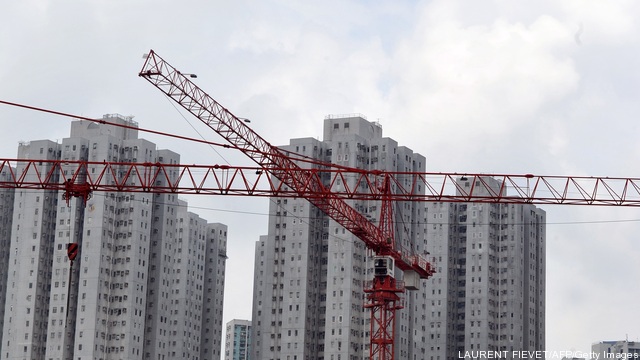
Growing consensus that infrastructure investment might be a solution for a host of US problems, most centrally widespread unemployment, is raising the profile of firms that specialize in the sector.
Black & Veatch is a big player in infrastructure, ranging across consulting, design and building for projects that include energy plays like electricity and oil and gas, smart grid projects, water and public sector work. The firm is at the center of the latest hot area in the economy, working with giants like Siemens and GE to serve the country’s highest-profile companies and municipalities.
Energy is a major focus for Black & Veatch, and the President and CEO of the Energy division, Dean Oskvig, recently spoke with Breaking Energy about the role that infrastructure investment can play in employment numbers, meeting new environmental standards and advancing the ongoing process of smart grid installation and strategy at electric utilities.
Energy investment relies on “a very simple formula that is very complex to implement,” Oskvig said.
The underlying economy plays a role, as investment rises in energy alongside broader growth. But regulation also plays a role; clarity on environmental regulations allows companies to make long-term investments to meet new standards, both through retrofits of existing facilities and investment in replacement power plants.
Oskvig echoed other energy industry leaders in calling for clarity on regulation in the energy sector, and singled out the state-by-state ratemaking process.
“We have to have a condition where asset owners see clear to make an investment and get a fair return,” Oskvig said.
Evolution, Not Revolution
“Change is going to continue, as usual,” Oskvig said, striking a positive tone on the energy industry’s outlook. He’s been at Black & Veatch for 36 years and says he wishes he could start his career over again as the company continues to enter new international markets and helps companies implement smart grid projects and, in a related trend, build increasing amounts of renewable energy generation.
“Smart grid is evolutionary, not revolutionary,” Oskvig said. “To say that we’re going to have a smart grid implies that our current grid is dumb, and that’s not the case.”
Consumers remain confused about what smart grid means, and utilities are seeking help understanding the requirements of smart grid as a process rather than an off-the-shelf solution, Oskvig said. A lot of households want utilities to “take care of the efficiency for them,” he said.
And while there will be job transformations because of smart grid, real energy job growth will come from infrastructure investment, Oskvig said. Some of that new energy infrastructure will be in renewable energy, and smart grid will play a role in that investment as the system is reworked to handle the fluctuating nature of electricity generation from wind or solar power plants.
